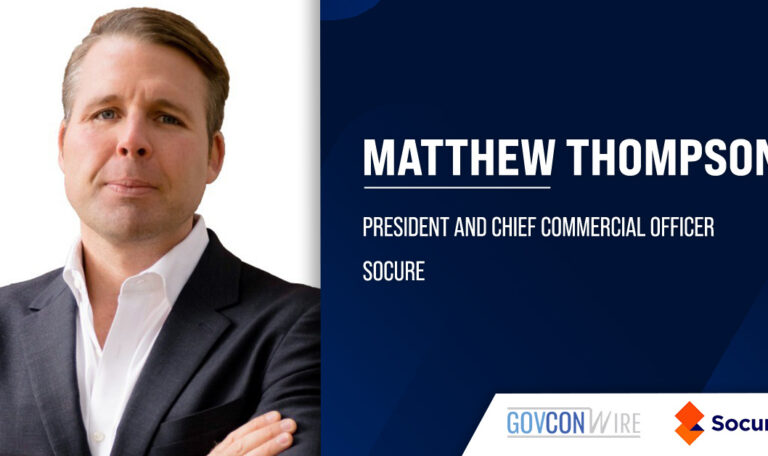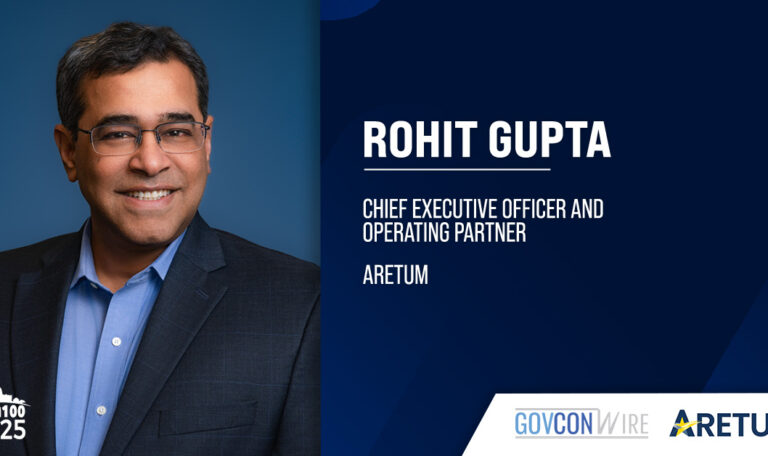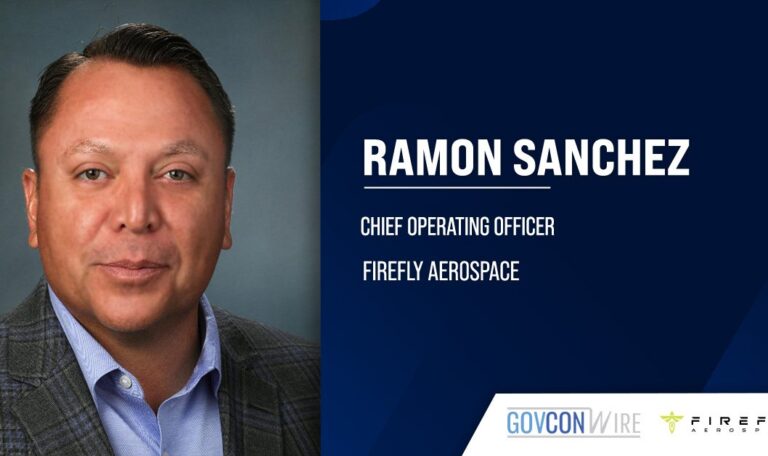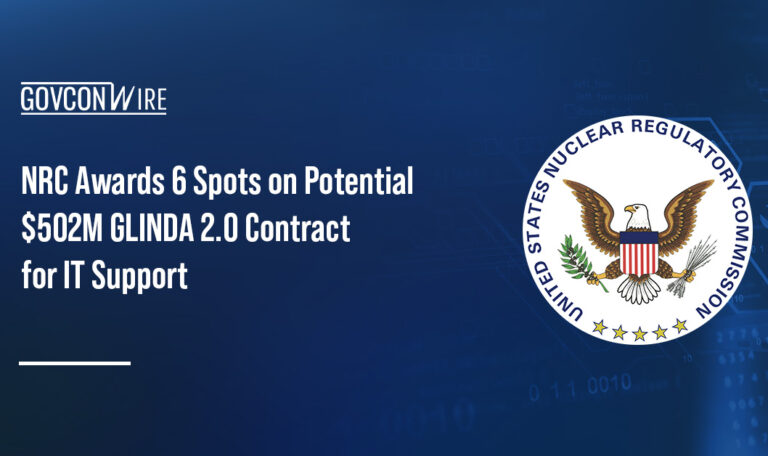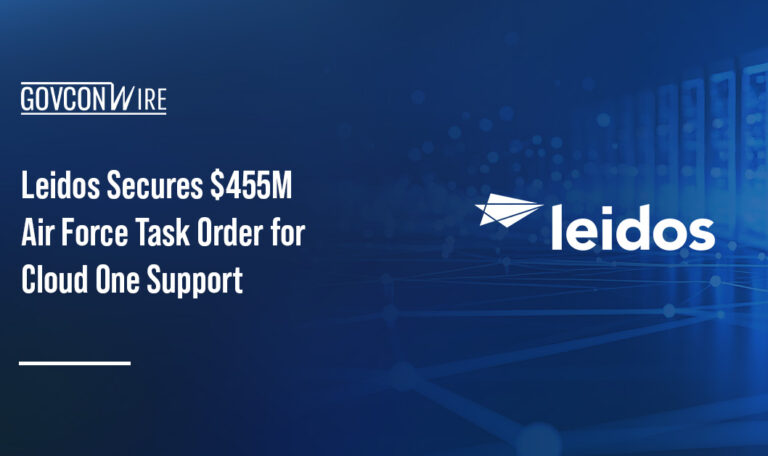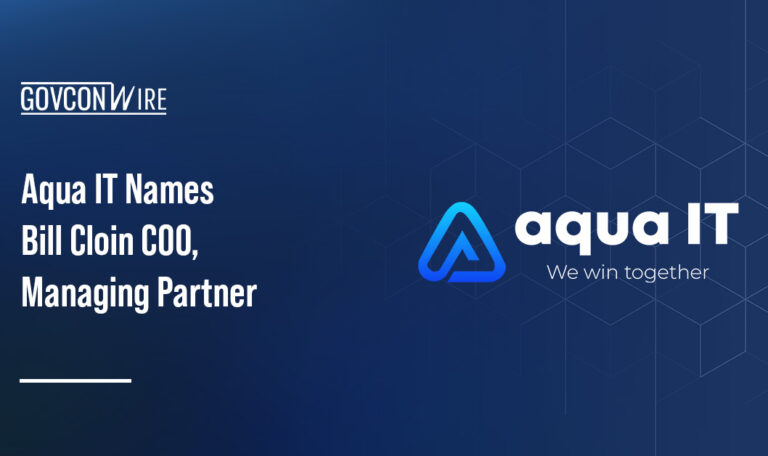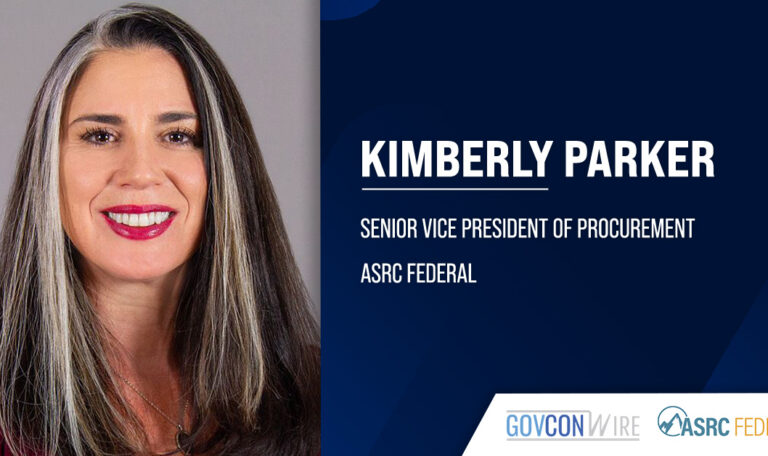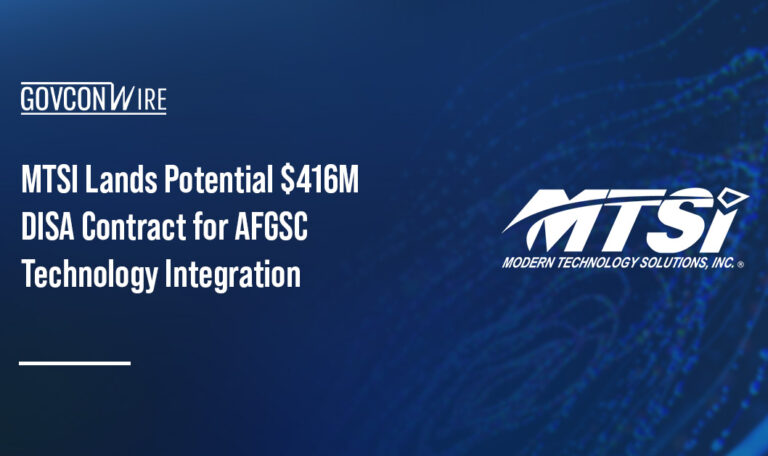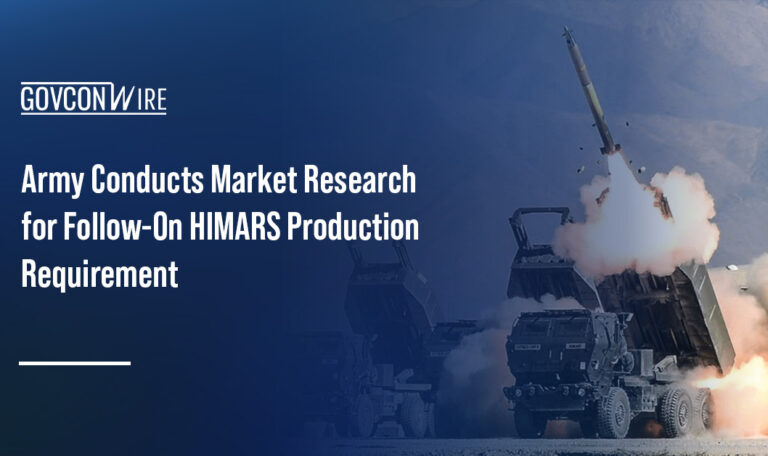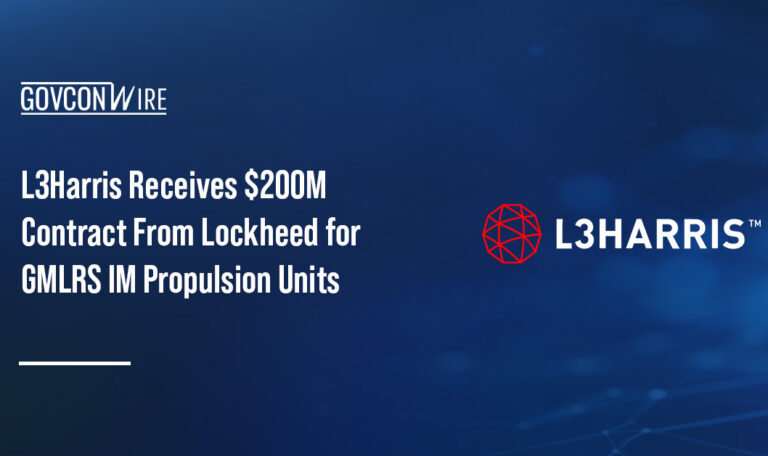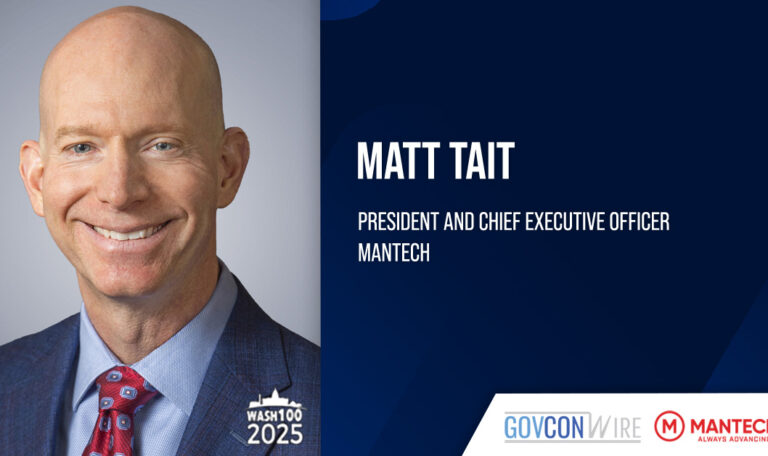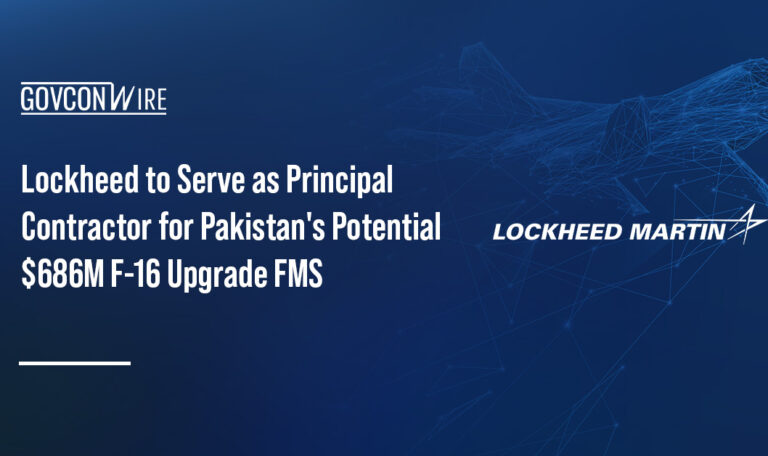The global intelligence landscape has undergone a dramatic transformation in the last decade. The proliferation of sensors, the race for technological superiority and the rising influence of social media have all produced lasting effects that are rippling across the intelligence community and drastically changing the nature of intelligence tradecraft.
While the United States possesses a robust technological ecosystem, intelligence community leaders and experts argue that outdated and tedious acquisition and procurement processes are getting in the way of rapid innovation, which could threaten the country’s position on the global stage.

Learn more about how senior executives are reforming IC acquisition during the Intelligence Acquisition: Strategies, Priorities & Opportunities Panel at the Potomac Officers Club’s 9th Annual Intel Summit on Sep. 21. You won’t want to miss the IC event of the year and the chance to meet and network with top intel decision makers. Register here while seats are still available.
Central Intelligence Agency Director Bill Burns said in March, “I think the revolution in technology is not only the main arena for competition with the People’s Republic of China, it’s also the main determinant of our future as an intelligence service as well.”
With this as the backdrop upon which U.S. intelligence agencies are operating, the need for speed in the acquisition lifecycle is more critical than ever, and IC leaders are harnessing faster methods of procurement. CIA Senior Acquisition Executive Margaret Augustine, has said she is looking into using OTA — or other transaction authority — acquisitions not only for their speedier processes, but also for the higher level of creativity they foster.
“OTAs are appealing to me. Not necessarily the speed, but the creativity and the discussions that are born out of those conversations [about] solutions to be presented. So I’m looking forward to actually adopting that as soon as possible into our portfolio,” Augustine said at a GovCon Wire event in March.
Beyond seeking acquisition reform, intelligence agencies are also looking to harness new technologies that could speed up innovation. Judith Oxman, deputy senior acquisition executive for the Defense Intelligence Agency, said she’s exploring how the agency could use artificial intelligence and automation tools to streamline what is currently a long and bureaucratic process.
“I think a lot of the tools that are coming into being with AI and ML will also help us… to find where our choke points are and how to get past them and to fix them so they no longer are choke points,” said Oxman at a GovCon Wire virtual forum.
Both Augustine and Oxman will be participating in a panel discussion alongside the National Reconnaissance Office’s Mark DeVido and AT&T’s Susan Williams during POC’s 9th Annual Intel Summit on Sep. 21. Top executives from CIA, ODNI, NGA, DIA and other IC agencies will convene at this in-person event to share insights — don’t miss this incredible networking opportunity! Register here to save your spot.





